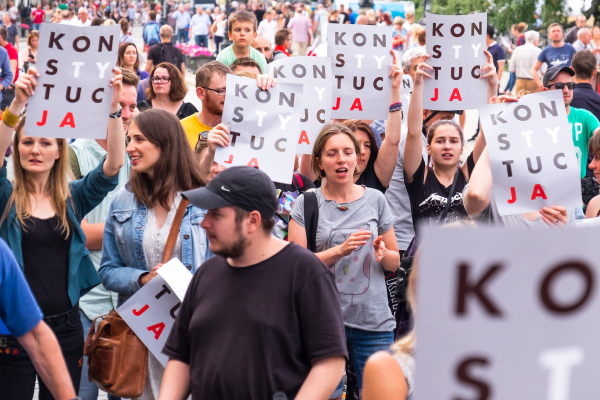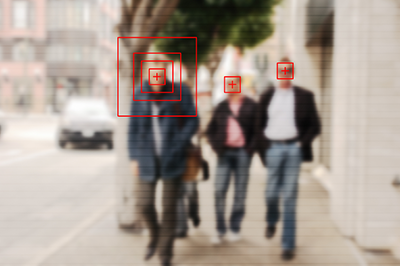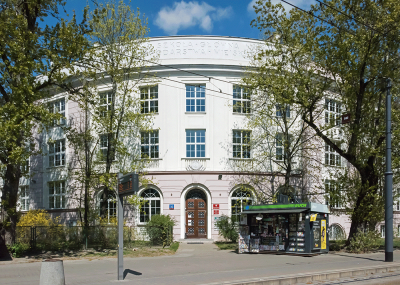
“On that day I spoke personally with Prime Minister Beata Szydło and during this conversation Prime Minister told me not to send cases for an editorial review and notification in the Journal of Laws. I received such an instruction from Prime Minister for each of the Constitutional Tribunal’s decisions until 16 August 2016”, reads the transcript of the testimony of a witness interviewed by a prosecutor’s office in the discontinued proceedings concerning the non-publication of a judgment of the Constitutional Tribunal.
Non-publication of Constitutional Tribunal’s judgments
On 9 March 2016, the Constitutional Tribunal issued the judgment in the case of the December 2015 amendment to the Constitutional Tribunal Act. The amendment included several provisions that would lead to the blockage of the Tribunal’s works. Among other things the new law required that cases should be heard on a first-come, first-serve basis, decisions were supposed to be adopted by a two-thirds majority, and the en-banc composition of the Tribunal was expanded from 13 to 15 judges. In the judgment, the Constitutional Tribunal held that the amendment was unconstitutional in its entirety.
However, the Law and Justice Government argued that the Constitutional Tribunal should rule this case in accordance with the provisions of the amended act and refused to publish the judgment in the Journal of Laws, government-run Polish official journal. This practice was followed until August 2016, when a new Constitutional Tribunal Act was adopted and nearly all judgements rendered between March and July 2016 were published, with the sole exception of the contentious judgment from 9 March 2016.
Investigation into non-publication
The Helsinki Foundation for Human Rights filed a notification of a suspicion of a crime, which may result from the failure to publish the 9 March judgment. After a prosecutor’s office refused to initiate criminal proceedings, the HFHR submitted an interlocutory appeal against the prosecutor office’s decision, arguing that the refusal of publication of the Constitutional Tribunal’s ruling caused a constitutional, political, economic and publicity loss.
In its interlocutory appeal, the Foundation also alleged that the prosecutor office’s decision had violated at least several provisions of the Code of Criminal Procedure, including the principles of objectivity and free evaluation of evidence. In October 2016, a district court ordered the launch of the proceedings.
As part of the proceedings, which was conducted from November 2016 to February 2017, the prosecutor’s office heard seven witnesses, including Beata Kempa, the head of the Chancellery of the President of the Council of Ministers, and Jolanta Rusiniak, Chair of the Government Legislation Centre. According to the testimony given by the witnesses, Prime Minister Szydło personally decided not to publish Constitutional Tribunal’s judgments. Prime Minister also asked the GLC to provide her with all the Tribunal’s judgements submitted for publication.
However, in a decision dated 10 February 2017, a Regional Prosecutor’s Office ultimately discontinued the proceedings in this case. A statement of reasons appended to the decision explained that the Prime Minister could have reasonable doubts as to whether the publication of the judgments was admissible. The HFHR was unable to challenge the discontinuation in another appeal because, pursuant to article 306 of the Code of Criminal Procedure, a non-governmental organisation that has filed a notification of a possibility of the commission of a crime may challenge a decision refusing to initiate criminal proceedings, not a discontinuation decision.


